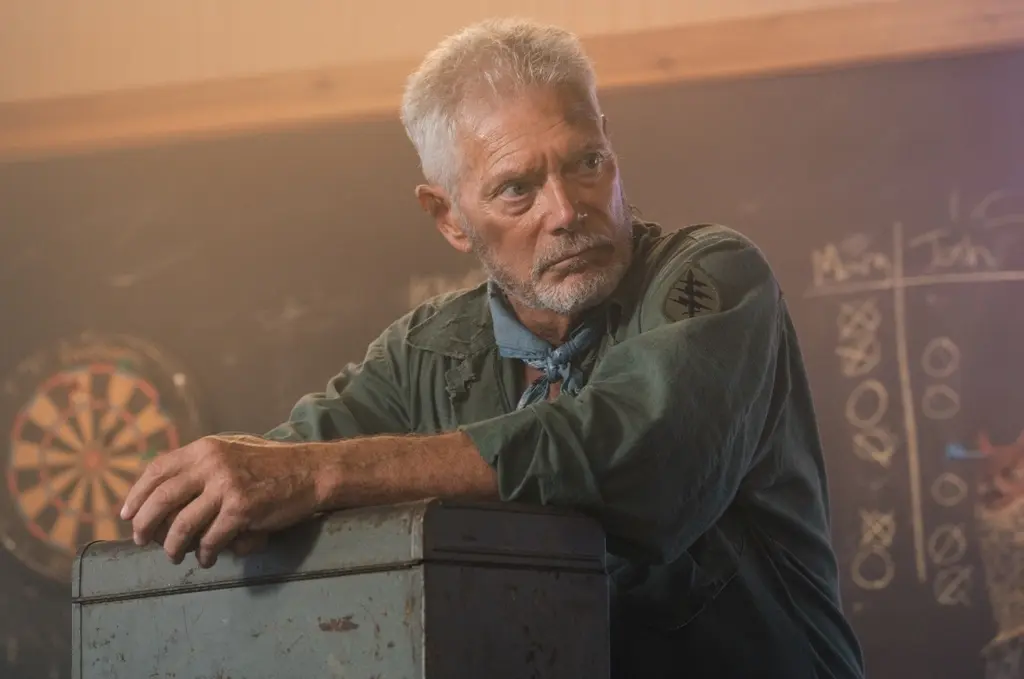Whether hating or feeling indifferent about Woody Allen, even the most casual movie fan can’t deny or marginalize his immense influence on his peers. Next to or just slightly below Martin Scorsese, he is America’s greatest living filmmaker, but has forever been hampered by a huge, self-inflicted detriment. Allen makes too many movies and repeats himself far too often.
Popcorn and Inspiration: ‘Midnight in Paris’: Woody Allen’s Second-to-Last Magnificent Film
|Updated:





